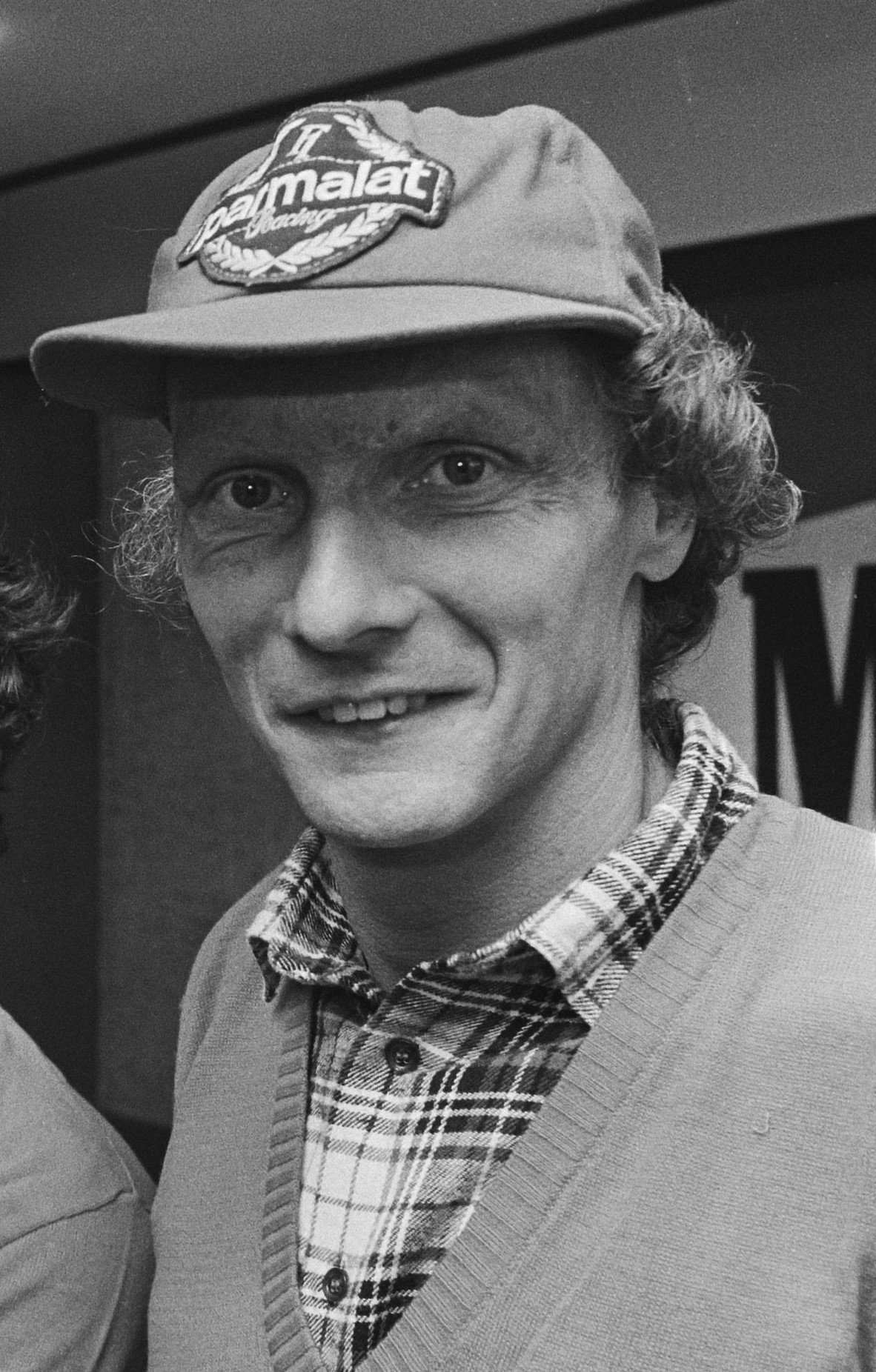Niki Lauda, the Austrian Formula One legend, is remembered not just for his three world championships, but for his extraordinary comeback after a near-fatal crash that shocked the racing world. His story is one of unparalleled courage, determination, and an unyielding will to succeed against all odds.
The Crash that Changed Everything
On August 1, 1976, during the German Grand Prix at the notoriously dangerous Nürburgring, Lauda’s Ferrari swerved off the track, hit an embankment, and burst into flames. Trapped in the burning wreckage, Lauda suffered severe burns to his head and hands, and inhaled toxic fumes that damaged his lungs and blood. The accident was so severe that Lauda was given the last rites in the hospital.
But Niki Lauda was not a man to give up easily. Despite suffering extensive scarring, losing most of his right ear, the hair on the right side of his head, his eyebrows, and his eyelids, Lauda was determined to return to racing. In a display of sheer willpower that would become the stuff of legend, Lauda began planning his comeback almost immediately.
A Miraculous Return to the Track
Astonishingly, just 42 days after his horrific crash, Lauda was back in the cockpit for the Italian Grand Prix at Monza. It was a moment that left the racing world in awe. As he removed his helmet after qualifying, blood could be seen seeping through his bandages, a stark reminder of the ordeal he had endured mere weeks before.
Lauda’s return to racing was not just a personal triumph; it was a testament to the human spirit’s capacity to overcome seemingly insurmountable obstacles. Despite the excruciating pain and the psychological trauma of the accident, Lauda finished an incredible fourth in that race. He had to wear a specially adapted crash helmet to accommodate his injuries, and his determination was evident as he fought through the discomfort to compete at the highest level.
A Battle for the Championship
The 1976 season continued with Lauda battling James Hunt for the world championship. In a decision that showed his pragmatism and courage in equal measure, Lauda withdrew from the season’s final race in Japan due to dangerous weather conditions, ceding the title to Hunt by a single point. This decision, prioritizing safety over glory, was a defining moment in Formula One history.
Niki Lauda’s Legacy: A Symbol of Human Resilience
Lauda’s comeback was not just a fleeting moment of glory. He went on to win his second world championship the very next year in 1977, a feat that seemed impossible in the aftermath of his accident. He would later secure a third title in 1984, cementing his place among the greatest drivers in Formula One history.
Niki Lauda’s story transcends the world of motorsport. It is a powerful reminder of the strength of the human spirit, the value of determination, and the ability to overcome even the most daunting challenges. His legacy continues to inspire not just racing enthusiasts, but anyone facing adversity in their lives.
In the annals of sports history, few comebacks can match the sheer audacity and inspiration of Niki Lauda’s return to Formula One. His story remains a testament to what can be achieved through unwavering courage and an indomitable will to succeed.
Photo by: Anefo / Croes, R.C. – Gahetna in het nationnal archief 933-1302, CC0, https://commons.wikimedia.org/w/index.php?curid=136557264




